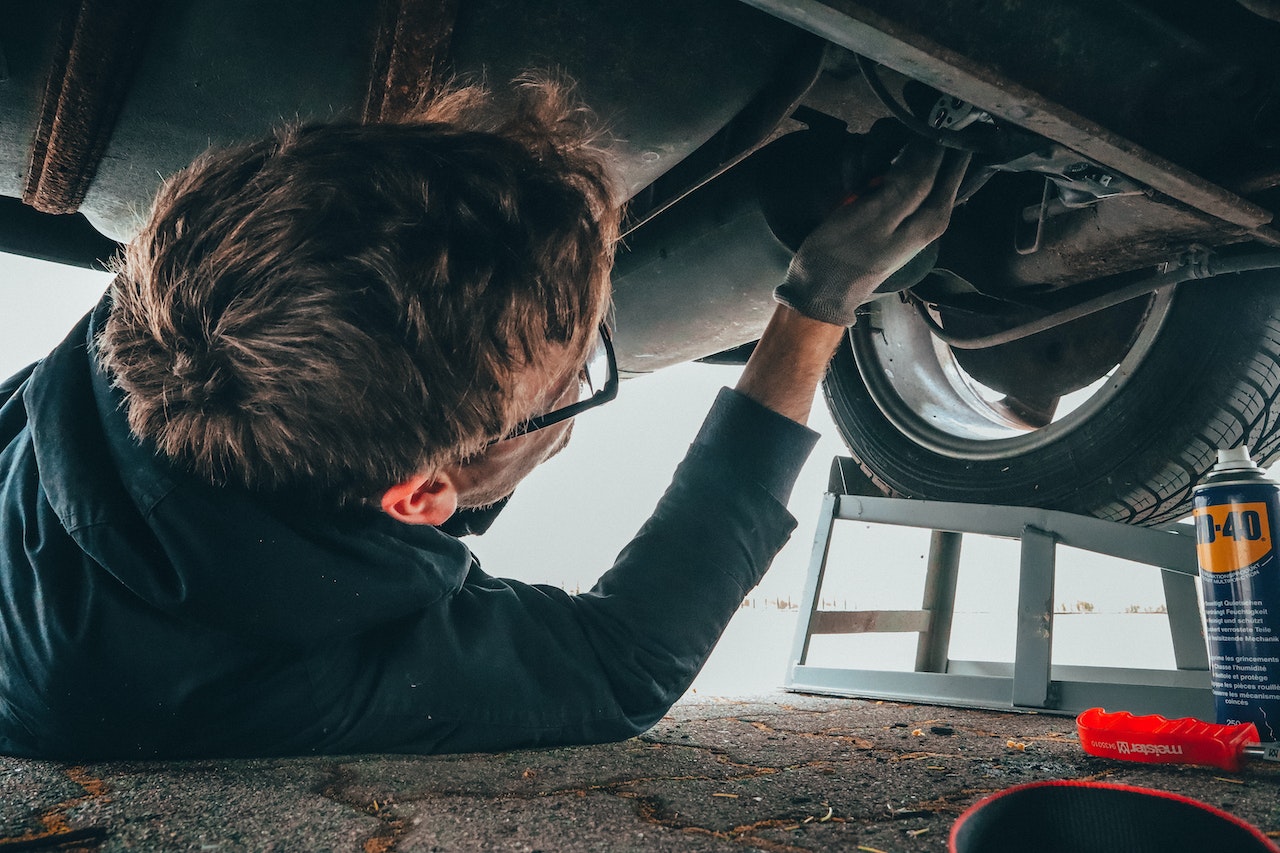In the realm of garage and gate maintenance, a frequently overlooked yet essential aspect is proper lubrication. Lubrication plays a critical role in ensuring smooth and efficient functioning of garage doors and gates. Neglecting this fundamental maintenance task can lead to costly repairs and compromise the safety and security of your property. In this article, we will delve into the significance of lubrication, its benefits, and best practices to uphold the integrity of garage doors and gates.
Why Lubrication Matters?
Credible companies like My Garage and Gates of Houston recommend you hire experts to lubricate gates and garages correctly. It matters because it leads to-
- Reduced Friction and Wear: Garage doors and gates are subject to constant movement, resulting in friction between various components. This friction can cause premature wear and tear without adequate lubrication, leading to part failures and costly repairs.
- Improved Efficiency: Lubrication minimizes resistance and allows the garage door and gate mechanisms to operate more smoothly, reducing strain on motors and operators. This, in turn, improves the overall efficiency and lifespan of the system.
- Noise Reduction: Properly lubricated components produce less noise during operation, creating a quieter and more pleasant environment for both residents and neighbors.
- Enhanced Safety: Regular lubrication ensures that all moving parts function as intended, reducing the risk of sudden malfunctions that could lead to accidents or injuries.
Choosing the Right Lubricant
Selecting the appropriate lubricant is essential to achieve optimal results. Here are some factors to consider when choosing a lubricant for your garage doors and gates:
- Compatibility: Ensure that the lubricant is compatible with the materials used in your garage door and gate mechanisms. For example, silicon-based lubricants are generally safe for most materials.
- Viscosity: Consider the lubricant’s viscosity depending on the climate and usage. Thicker lubricants may be better suited for colder regions, while lighter ones work well in warmer temperatures.
- Longevity: Look for lubricants that offer long-lasting protection to minimize the frequency of reapplication.
Best Practices for Lubrication
- Clean Before Lubricating: Before applying any lubricant, clean the components thoroughly to remove dirt, debris, and old lubricant residues. This ensures better adherence and prevents abrasive particles from causing damage.
- Use in Moderation: Avoid excessive lubrication, as it can attract more dirt and debris, leading to potential clogs and increased wear. Apply lubricant sparingly but adequately to the necessary parts.
- Targeted Application: Focus on lubricating the essential moving parts such as hinges, rollers, tracks, and springs. Avoid getting lubricant on belts, chains, or electrical components, as it may lead to slip hazards or operational issues. Visit this website to learn more: Advanced Tools for garage.
- Regular Maintenance Schedule: Establish a maintenance schedule to ensure regular lubrication and inspection of your garage doors and gates. Consistency in maintenance will significantly extend the lifespan of the system.
Proper lubrication is a foundational aspect of garage and gate maintenance, often underestimated but immensely significant. Lubrication safeguards the integrity of these vital components by reducing friction, improving efficiency, minimizing noise, and enhancing safety. Selecting the proper lubricant and adopting best practices in application and maintenance will ensure the smooth operation of your garage doors and gates for years to come. Embracing this proactive approach not only saves on costly repairs but also promotes the safety and security of your property.







